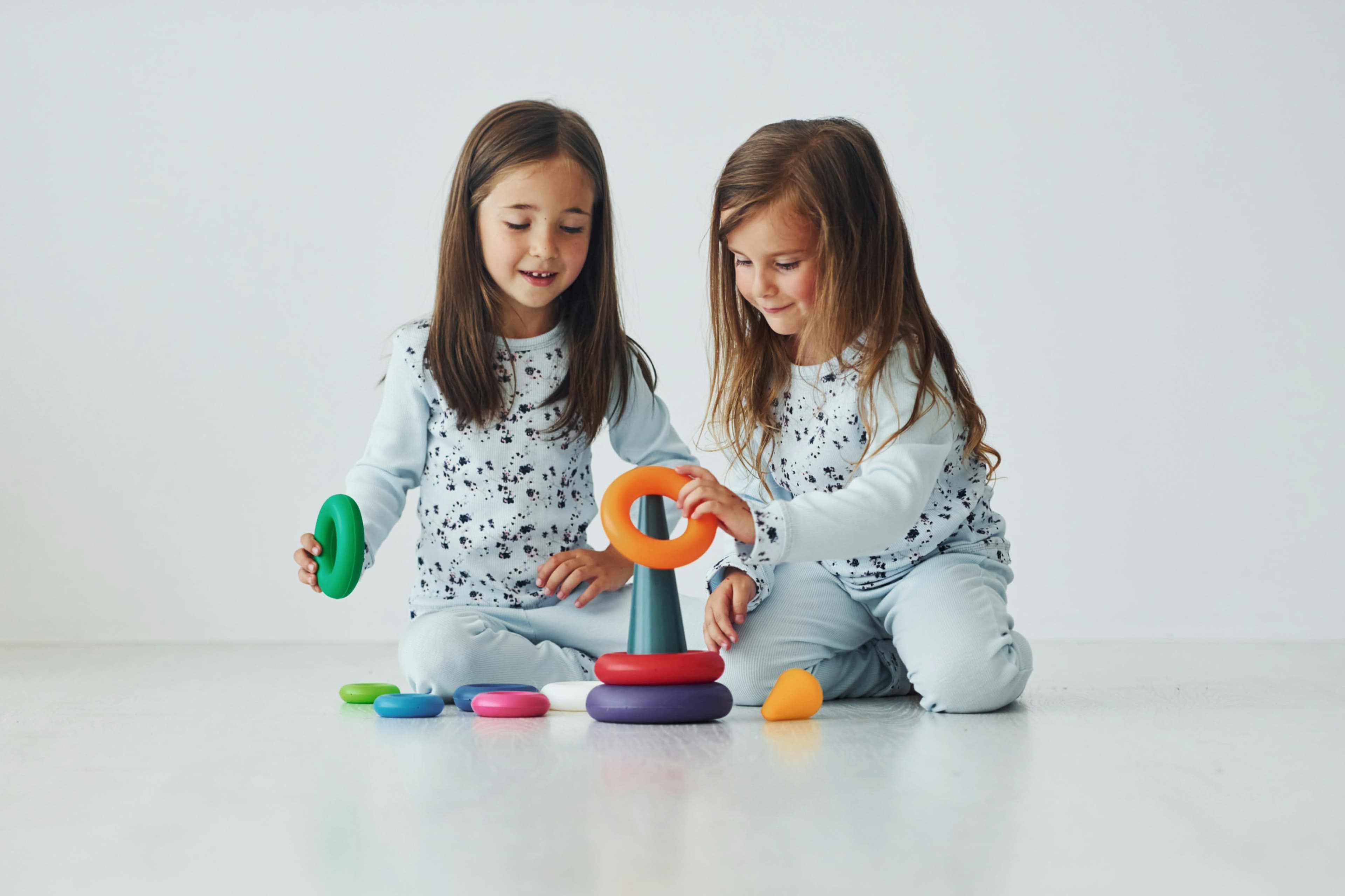
Speech Therapy That Works: Why Collaboration Beats Isolation
There’s a moment I’ll never forget: a student who had struggled for months to express his ideas finally volunteered to share during morning meeting. That moment wasn’t just the result of a well-planned speech session- it was the outcome of collaboration. The classroom teacher, paraprofessional, and I had worked side by side to integrate language supports across his day. That’s when it clicked for me: collaboration isn’t an optional add-on; it’s the engine of effective speech practice in schools.
As a speech-language pathologist (SLP) in a Title I NYC DOE school in Brooklyn, I’ve learned that building collaborative capacity is both strategic and deeply human. It’s about fostering trust, aligning goals, and anchoring every decision to what serves children best.
Building True Collaborative Practice
Working in a multidisciplinary environment means every child’s progress is a shared victory. I’ve seen the difference when SLPs, teachers, and related service providers break out of their silos. Regular Professional Learning Communities (PLCs), co-treatment sessions, and interdisciplinary team meetings transform isolated insights into collective power.
Practical Strategies
Schedule standing collaboration time: Protect one recurring time slot each week or month for joint goal-setting or student case discussions.
Create shared logs or digital notes: Use Google Docs or DOE-approved apps for tracking interventions and progress.
Engage in “learning rounds”: Visit each other’s sessions or classrooms to see supports in action and exchange feedback.
Co-plan small group lessons: Align language goals with classroom content so practice feels purposeful and connected.
Welcoming Feedback and Reflective Growth
Early in my career, I dreaded evaluations; they felt like spotlights on what wasn’t working. Over time, I realized feedback could be an invitation to grow rather than a judgment to survive. Now, I seek informal mini-observations from colleagues and administrators, using their insights to refine how I communicate with students and families.
What Works
Ask targeted reflection questions: “What went well in this session?” “What interaction could have gone differently?”
Use reflective supervision frameworks: Debrief tough sessions with a peer or mentor, not to vent, but to analyze dynamics and solutions.
Celebrate small wins: A student participating more spontaneously or a teacher reporting improved carryover deserves recognition.
Seeing Each Student Through Multiple Lenses
No evaluation tool captures everything about a student’s experience. That’s why I intentionally talk with teachers and families to gather nuance- how a child cont
Read-Only
$3.99/month
- ✓ Unlimited article access
- ✓ Profile setup & commenting
- ✓ Newsletter
Essential
$6.99/month
- ✓ All Read-Only features
- ✓ Connect with subscribers
- ✓ Private messaging
- ✓ Access to CityGov AI
- ✓ 5 submissions, 2 publications
Premium
$9.99/month
- ✓ All Essential features
- 3 publications
- ✓ Library function access
- ✓ Spotlight feature
- ✓ Expert verification
- ✓ Early access to new features
More from 3 Topics
Explore related articles on similar topics





